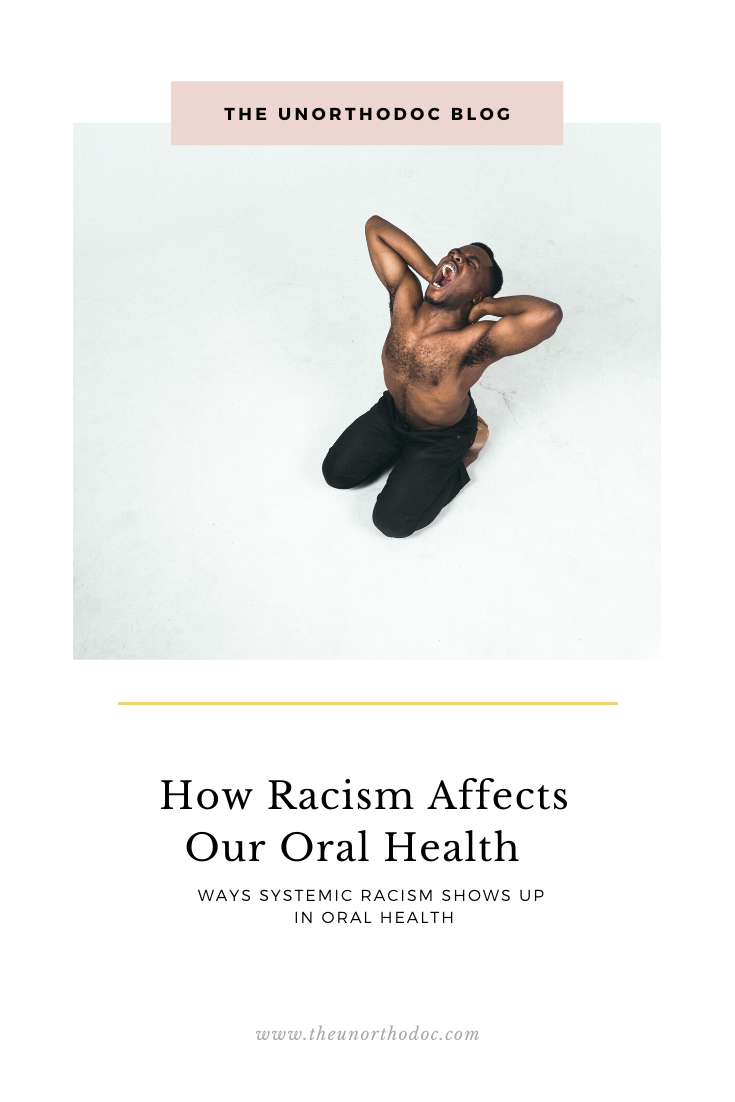How Systemic Racism and Cultural Bias Affects Our Oral Health
Race and ethnicity, unfortunately are important factors in oral health disparities in the US. Uneven distribution of dental care leads to a higher incidence of suffering among different racial groups. African Americans/ Blacks are more likely to suffer from untreated dental pain and decay causing chewing difficulties and tooth loss as compared to White Americans. African Americans also report more financial difficulties and are less likely to seek dental care than their white counterparts.
factors that negatively IMPACT ORAL HEALTH
Social determinants can affect oral health more than genetics.
Social Determinants of Access to Care
Despite major improvements in oral health for the population as a whole, oral health disparities still exist for many racial and ethnic groups. Economic factors that often relate to poor oral health include access to health services (lack of clinics,transportation, etc.) and an individual’s ability to acquire and maintain dental insurance. Although Interventions such as community water fluoridation, school-based dental sealant programs, and incentive programs for dentists to live and work in deep rural areas have been implemented, it doesn’t fully off-set the need and the high demand of dental care in our communities.
Social Determinants of Nutrition & Health
Availability and proximity to grocery stores affects our ability to make healthy choices. Organic foods are usually priced at a premium so most will opt for the more affordable processed foods. Preservatives, such as salt, in those processed foods can cause elevated blood pressure levels. Those elevated levels are linked to higher incidence of periodontal disease which if left untreated can lead to early tooth loss. Communities of color are more likely to face food insecurity and lower levels of nutrition because our systems aren’t adequately meeting their needs.
Social Determinants of Equity
It is an unfortunate reality that US institutions have a long history of segregating communities of color, concentrating resources in white communities, and designing systems that benefit white people. This leads to preventable differences in oral health which is closely connected to our overall health.
Other additional ways that systemic racism shows up in oral health include an extreme lack of diversity in the dental health care workforce, accessibility of dental insurance and social bias. One study even showed that 22% of blacks avoided medical care in the US out of concerns about racial discrimination, compared to just 3% of whites. It’s also been shown that most health providers, regardless of their race, have implicit bias against people of color.











